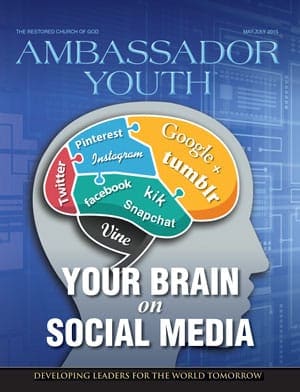Consuming a high level of alcohol during adolescent years damages the brain’s normal functions later in life, according to a study in the journal Alcoholism: Clinical and Experimental Research.
Researchers exposed adolescent rats to a large volume of alcohol over a 16-day period. The rats were given enough alcohol to impair judgment, but not so much that they fell unconscious. After this period, they were then allowed to mature without alcohol.
Upon reaching adulthood, the rats’ brains were examined. Researchers noticed that the rats’ hippocampus, the portion of the brain most responsible for learning and memory, had neurons with stunted growth.
According to a report on the study by the Los Angeles Times, the damage caused “memory problems and neuropsychiatric impairments such as attention and judgment problems and ability to learn new skills.
‚ÄúTo make matters worse, the physical changes in hippocampal brain cells appear to make them more-than-usually vulnerable to injury from trauma or disease,‚ÄĚ the media outlet stated.
The study also found that regions of the adult rats’ brains that controlled impulsiveness and emotion were structurally damaged by binge drinking during formative years. In humans, these effects could lead to behavior and emotional problems later in life.
Binge drinking, as defined by the National Institute on Alcohol Abuse and Alcoholism, occurs when an individual reaches a blood-alcohol level of. 08 grams per decimeter. This is the equivalent of a woman consuming four or more drinks within two hours, or a man consuming five or more drinks during the same period.
The 2013 National Survey on Drug Use and Health found that 14.2 percent of Americans ages 12 through 20 were binge drinkers‚ÄĒa total of 5.4 million people.
‚ÄúIn the eyes of the law, once people reach the age of 18, they are considered an adult, but the brain continues to mature and refine all the way into the mid-20s,‚ÄĚ Mary-Louise Risher, a researcher in the Duke Department of Psychiatry and Behavioral Sciences, said. ‚ÄúIt‚Äôs important for young people to know that when they drink heavily during this period of development, there could be changes occurring that have a lasting impact on memory and other cognitive functions.‚ÄĚ
















